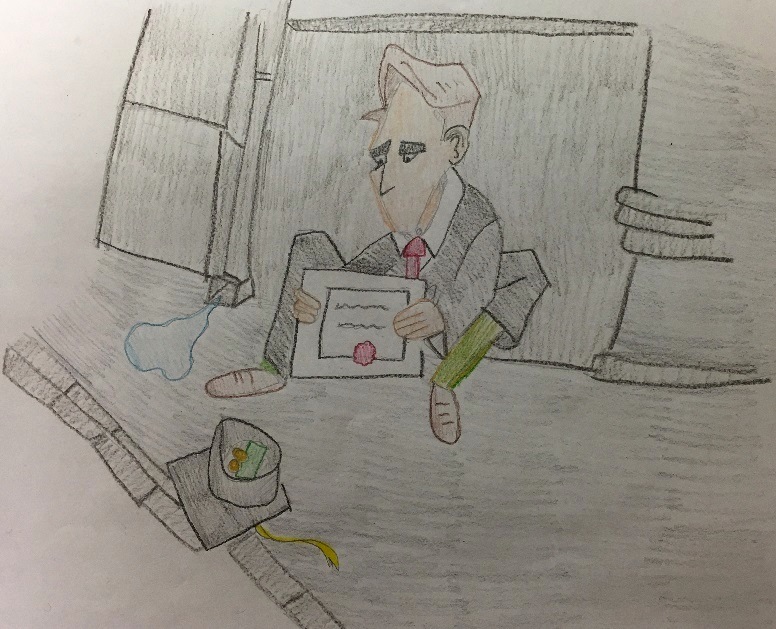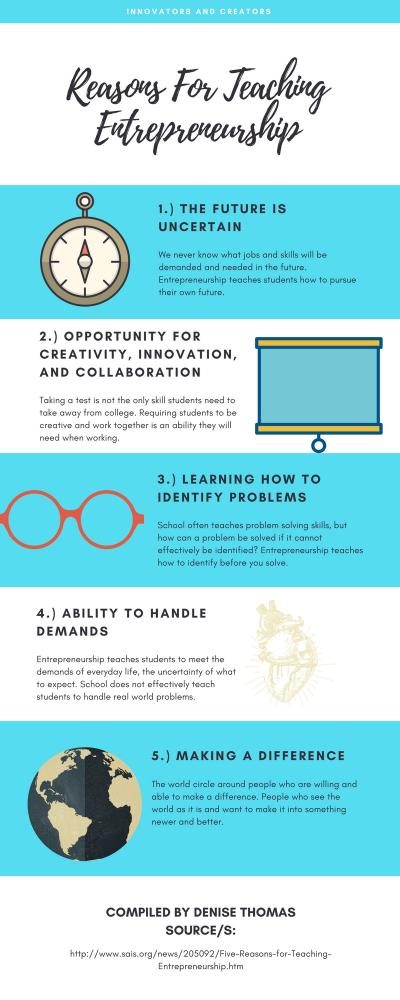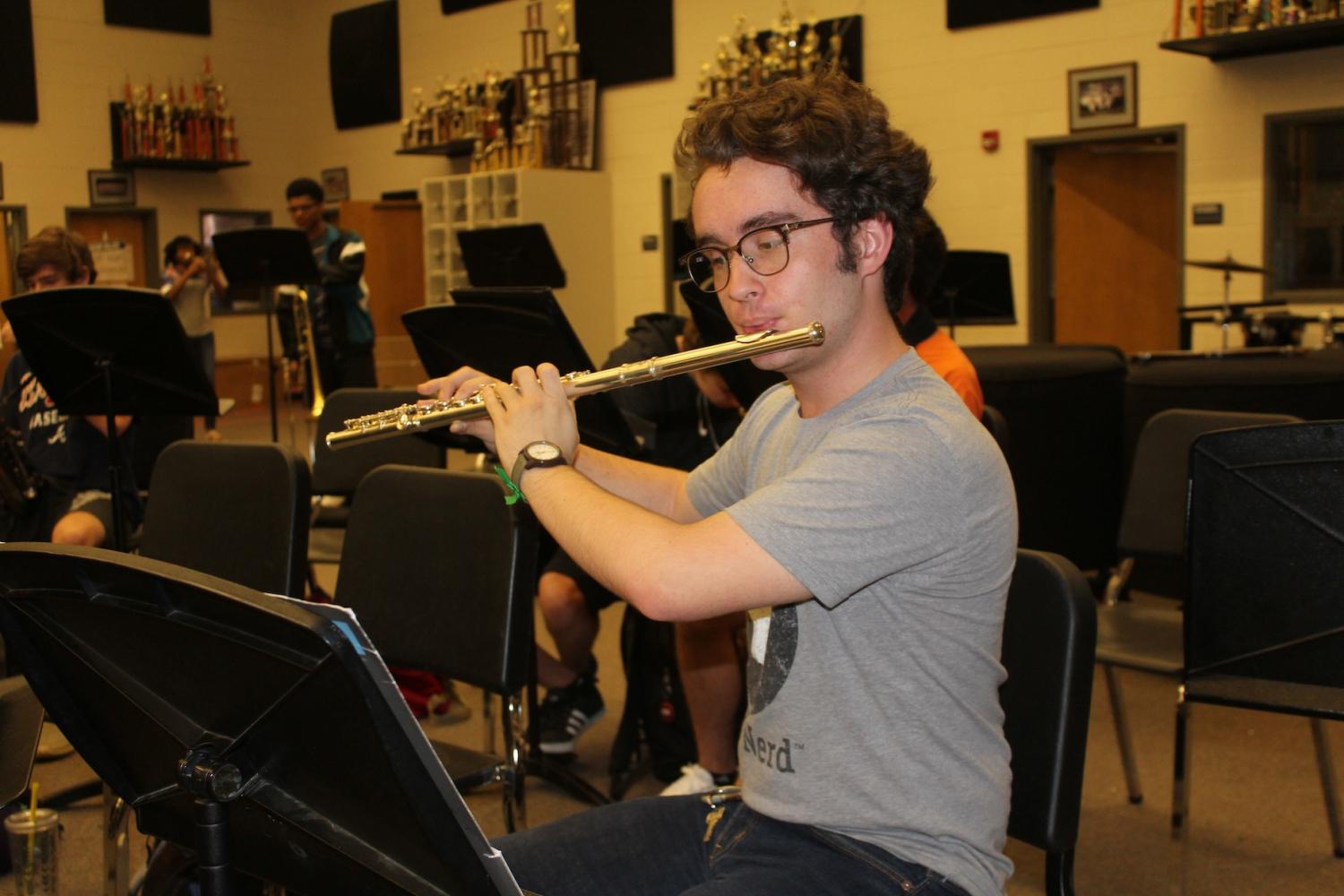Your donation will support the student journalists of North Cobb High School. Your contribution will allow us to purchase equipment and cover our annual website hosting costs.
Express yourself: Discovering options for future success
May 16, 2017
As senior Melissa Hawkland prepares herself for her transformation from high school to attending Southwest Minnesota University as a division 2 soccer player, she thinks back to the doubt and negative comments she received along her journey.
“I wasn’t the best player and my junior year a lot of people told me I was never going to commit anywhere; I used that as motivation,” Hawkland said. “I started to do more private lessons and practice longer and harder and I finally reached my dream. Southwest recruited me and offered me a scholarship. If it were not for people doubting me, I would not be where I am today.”
In schools today, people often discourage the youth population from striving towards goals apart from academics. The process of going to college and receiving a degree now serves as not only the norm of society, but the expectation.
People withhold extraordinary talents; talents limited not only to performing well in classes, but obtaining information. The media centers around professional athletes, singers, actors, and people who generally excel in their particular field. Furthermore, these people generate financially stable lives for themselves.
For example, not everyone comes into the world destined to star as an actress. Society cannot assume that an aspiring actress failed if they never lead on broadway or starred in the newest hit movie. The median salary of a performer in plays estimates at $54,112, far from a salary below poverty line.
Isabella Keaton, a sophomore at NC and an active drama member, experienced the negative connotations focusing on acting first hand: “People always try to tell me that drama is a lost cause and I should spend more time studying, but drama has taught me things about people and life that I could never learn sitting in a classroom,” Keaton said.
A street performer, the people often seen along the streets of any city professing their love for music, bring in an average salary of $44,137 a year. This compares to a person who attended college and earned a degree in child development and psychology, and makes an average salary of $32,300 a year.
Sports compensate for the time and energy put into them as well. Chandler Wooten recently left NC to attend Auburn University on a full ride scholarship earned for his participation in football.
“People always told me I need to focus on school, but I have never understood why I couldn’t focus on football as well,” Wooten said.
When publics schools face funding cuts, counties usually start with fine arts programs. Cutting the funding in high school reduces student options for following their artistic desire in college and universities.
“Cutting out a fine arts program, the district saves considerable money in the amount of salaries of the employees not needed,” Dave Dickson, a journalist for the National Federation of State High School Associations, said.
In addition to opinion on the cutting the fine arts programs, Dickson feels that “the result of these types of cuts may not be easily seen. News flashes about which university an artistic student chooses to attend are nonexistent. Because of a lack of notoriety for students receiving fine arts scholarships, community members may not be aware of the amount of scholarship monies that students in the district may be losing with the elimination of fine arts programs.”
Students map their future based on these programs, and face no other option but to rearrange their future due to the lack of these scholarships and opportunities available.
Tyler Clark, a senior at NC who performed on the marching band in all four years of high school, feels the backlash of the extensive cost students must pay for marching band.
“It costs over $700 a year,” Clark said.
Clark questions why students must pay so much to participate, regardless of his love for marching band, $700 still takes a large chunk of money out of his parents wallet each year.
Students whose parents cannot afford that amount of money face limited opportunities when pursuing their marching band career.
AnneRene Joseph, a staff member for Johns Hopkins, also discussed the major impact of performing arts classes.
“The arts are an essential part of public education. From dance and music to theatre and the visual arts, the arts give children a unique means of expression, capturing their passions and emotions, and allowing them to explore new ideas. Arts education not only enhances students’ understanding of the world around them, but it also broadens their perspective on traditional academics,” Joseph said.
In no way should students disregard college as a vital part of ensuring financial stability, but the youth population should not believe furthering education represents the only path ending in success.
Charles Culpeper, the owner and CEO of Coca-Cola, a company that has transformed into an American institution, dropped out of high school. Richard Schulze, the founder of Best Buy, never attended college.
People who created a goal in life and decided that education did not factor in started some of the largest and most essential companies that now require a degree in order to work on their staff.
For people who thrive at academics, college holds endless opportunities, but college includes extensive numbers of expenses; according to a study from Generation Opportunity, the average college student enters into the workforce weighed down with $33,000 in student loans.
Studies also show that degrees do not hold the same weight as before. For example, 53 percent of recent college graduates persist underemployed. The Associated Press Organization performed a study, looking for the unemployment rates currently present for those who recently achieved their bachelor degree.
“About 1.5 million, or 53.6 percent, of bachelor’s degree holders under the age of 25 were jobless or underemployed, the highest share in at least 11 years,” the Associated Press Organization said.
College degrees losing their extensive worth now presents itself as a topic for many political cartoons about society today.

Peter Thiel, the co-founder of Paypal, takes the ideas of college’s exclusion to the needs of entrepreneurs to another level. Thiel started an idea to pay people with a unique business idea $100,000 instead of attending college, as long as they solely use that money to start their business.
His idea has worked surprisingly well; in the first year of him starting to broadcast the plan, he received over 400 applicants and 83 people have started companies that raised over $29 million in net revenue and $72 million in investments.
Not everything screens black and white, and the answer differs from simply choosing passion or pursuing education. People fail to realize an option that meets the middle ground: combine the two.
Schools need to increase funding for aspiring entrepreneurs, provide them with classes to help them shape their businesses and present them with guidelines of essential business practice. Classes that require teamwork and communication require students to learn life skills, an important aspect lacking in common core standards.

Steven Taylor-Knowles, a teacher and writer for Macmillan English, wrote an article about the mismatch between the skills jobs desire and the preparation students receive in school.
“There is often a mismatch between what students acquire in the classroom and the demands placed on them outside the classroom. We need to integrate work on life skills into our teaching, so that rather than being seen as an optional extra, or even being neglected entirely, they become the central thread of what we do,” Knowles said.
Success in life can coincide with more paths aside from earning a college degree and immediately entering into the workforce. People can go far in life by pursuing their skills and passions; the education system cannot give one way for success.
